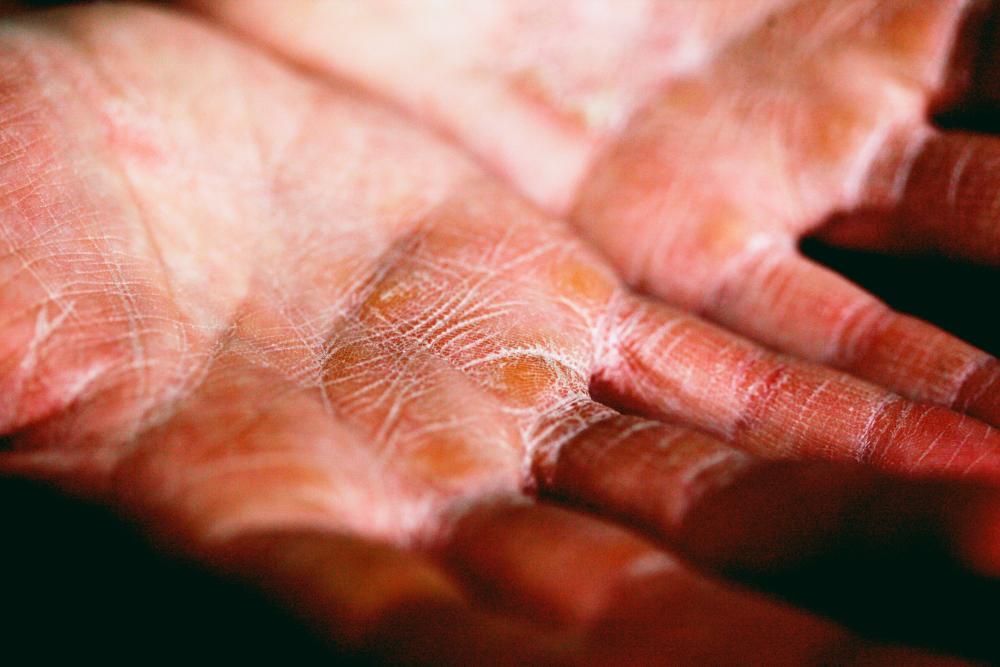PETALING JAYA: Dermatologists and skin specialists are calling for a national skin centre to be established.
They agreed that while the number of those suffering from severe skin problems was small, such cases are increasing.
A Health Ministry spokesman said the number of patients seeking treatment at government health facilities for severe eczema grew from 176 in 2018 to 615 in 2021.
To date, there are 53 dermatologists attached to the ministry and another 10 skin specialists at public universities.
The spokesman said the common skin problems affecting Malaysians are fungal, parasite and bacterial infections, such as scabies and pediculosis, as well as eczema and chicken pox.
Dermatologists from hospitals and private clinics also identified skin conditions such as atopic dermatitis, psoriasis, acne and allergic reactions as some of the common skin problems they have to treat.
Dr Mohan Arumugam, a dermatologist and lecturer at Universiti Kebangsaan Malaysia’s dermatology unit, faculty of medicine at Hospital Tuanku Canselor Muhriz, told theSun there is a need to set up a national skin centre. However, establishing one comes with its own set of challenges.
“One of the challenges is to have an adequate number of dermatologists. The centre should also cover sub-speciality in dermatology.
“An ideal ratio is four dermatologists to 100,000 population. But Malaysia only has a ratio of 0.44 dermatologists to 100,000 population,” he said.
Mohan added that establishing a national skin centre would also involve building an ecosystem of trained support staff, such as nurses, pharmacists and scientists to work together with dermatologists.
“While a national skin centre would be beneficial, changes in operational policies, involving key stakeholders, are required before such an idea becomes feasible.”
He said the key stakeholders include the Health Ministry, the Dermatology Association of Malaysia, and dermatology units from public and private universities.
Mohan added the centre should be set up under the government’s purview. It should be initially subsidised by the government so that a wider population can benefit from it. Ideally, it should also be funded by the industry.
“Commercialisation of research projects carried out under the centre, and industry tie-ups or joint-ventures with the private sector, for example, can gradually reduce dependence on government subsidies.”
Consultant dermatologist and Dr Ko Skin Specialist founder Datuk Dr Ko Chung Beng said setting up a national skin centre would be a good move as it is very common to see many Malaysians afflicted with skin conditions.
“It would be great to have such a centre where a group of dermatologists could work together to focus on skin diseases, as well as to conduct research. Some dermatologists could also focus on their area of speciality.
“The centre could also become a training ground for future skin specialists and it could develop as an industry in its own right.”
Dermalene CEO Dr Alina Hasni Mohamad Rashid said establishing a national skin centre in Malaysia could produce experts who specialise in skin conditions effecting those in tropical climate.
“The centre could also establish a support group for those suffering from skin problems. It could also educate the public more about skin diseases and help sufferers improve their quality of life,” she said.













